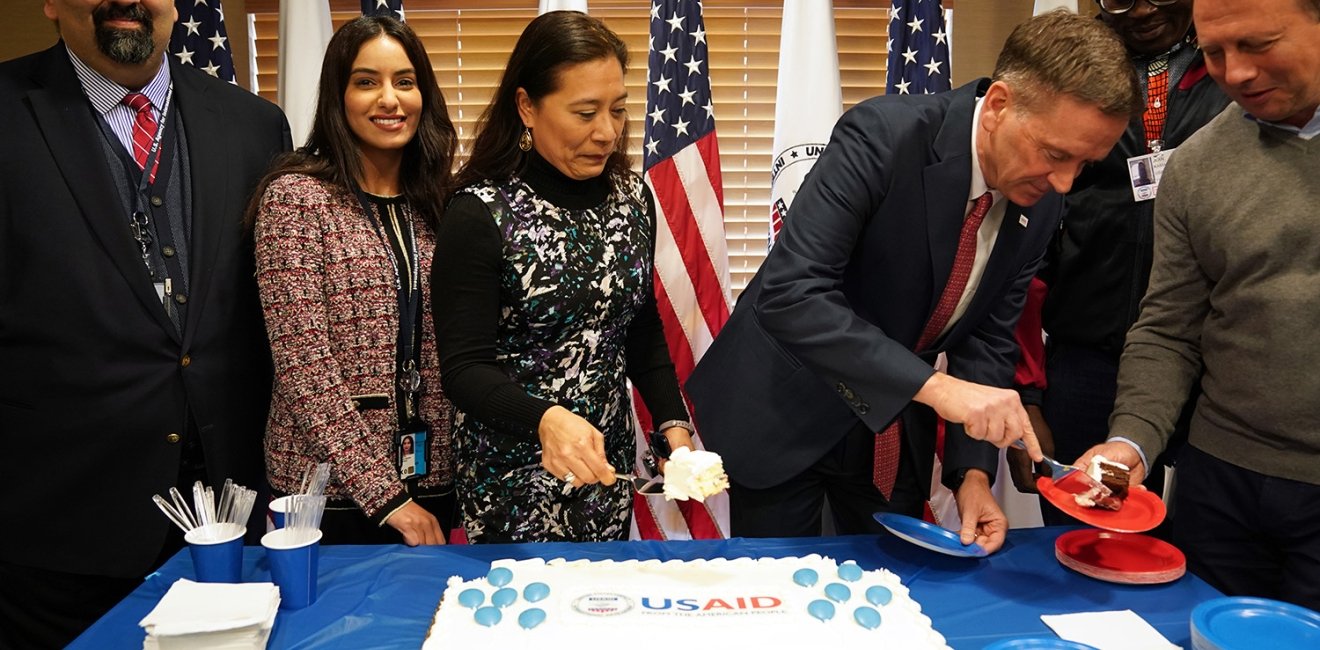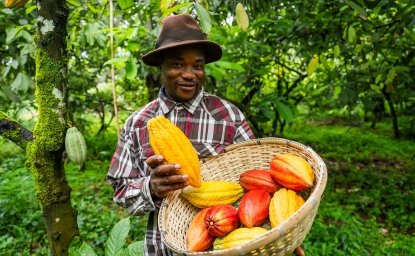
A blog of the Wilson Center

Since 1998, more Foreign Service Nationals have been killed in the line of duty than US members of our foreign service.
“Localization” is the latest buzzword in foreign assistance. But in one sense, arguably the most important sense, America has been the decades-long world leader in building local capacity.
Last year, more than 70% of the US Agency for International Development’s overseas workforce, and 85% of the State Department’s, were not US citizens, but rather host country nationals (or to a lesser extent, nationals of a third country). While there are some functions that Foreign Service Nationals (FSNs) and Locally Engaged Staff (as they’re referred to by the State Department) are not authorized to perform—for example, they don’t have access to US classified information—they work side by side with Americans all across the world to advance US interests.
It’s hard to overstate the value that FSNs bring both to the facilities where they serve (more than 270 consulates and embassies) and to America’s foreign policy interests more broadly. In times of crisis, they protect and assist American citizens, with Consular FSNs helping more than one million Americans annually—whether it’s issuing replacement passports, offering guidance on local healthcare, or aiding in the safe return of abducted children. FSNs also play a crucial role in embassy security, with over 12,000 employed in positions dedicated to protecting US diplomats, citizens, and facilities.
They add value by serving as a bridge between embassy teams and the countries where they operate. They help Americans better understand the conditions, traditions, and attitudes in host countries. For example, in 2018, when Muslim communities in Sri Lanka were threatened with targeted post-election violence, the US ambassador in Colombo successfully deescalated tensions with the critical assistance of a local FSN political specialist. This FSN, a native of the town where riots and attacks took place, provided the Ambassador with crucial insights into the area’s political dynamics, actively monitored the unfolding situation, and visited the town afterward. Her local expertise helped the ambassador work with the Sri Lankan government in defusing the crisis.
This “bridging” function also helps embassy teams better target American support and investment toward the most impactful projects and opportunities… thus, helping countries on their “journey to self-reliance” (as I put it in my days as USAID administrator). For example, an FSN economic specialist in Praia targeted Cape Verde’s textile industry for strengthening and support, increasing the country’s finished textile exports sixfold in a single year, creating 600 new jobs in the process.
A more important aspect of this “bridging” function is how FSNs help host countries better understand the challenges they face and the tools that are available to meet them. For example, an Estonian, recognizing the urgent HIV/AIDS crisis in her community, worked with American officials to urge her government to act. Those efforts helped Estonia secure a $10 million grant from the UN Global Fund to combat HIV, AIDS, and Tuberculosis, the first such grant in the region. Tackling HIV/AIDS, an important priority for the US government, became an important priority for Estonian leaders, and the funding provided was a boost in Estonian efforts to increase the country’s public health capacity.
Our embassies are sometimes called upon to work in dangerous places and difficult circumstances, and FSNs are the ones so often on the front lines. On one terrible day in August 1998, terrorists simultaneously bombed our embassies in Dar es Salaam, Tanzania, and Nairobi, Kenya. In Nairobi, the attackers intended to detonate explosives inside the embassy's basement but were stopped by FSNs functioning as local security guards and US Marines, who prevented entrance into the embassy. The attacks that day claimed 224 lives, including 12 Americans and 44 Foreign Service Nationals. Sadly, there have been other incidents in which innocent lives have been lost, Americans and those supporting the American effort. As administrator, I established Global FSN Recognition Day in 2018 to serve as an annual opportunity to thank them for their service and, yes, sacrifice.
But the “localization” contributions of FSNs are perhaps most important because they often extend well beyond formal service with the US government. They contribute to embassy teams, shape embassy programming, and gain skills and experience that contribute to their country’s development for years after transitioning out of US employment. Just one example of this is Dorine Genga, a former FSN with USAID under the Partnership for Resilience and Economic Growth in Northern Kenya. During her time with USAID, Dorine contributed to the project which achieved a 12% reduction in extreme poverty and a 28% increase in women’s dietary diversity within just two and a half years of the program's launch. Today, she serves as a program manager for the Kenya Social Economic Inclusion Project, a government and NGO collaboration that empowers tens of thousands of Kenyans living in extreme poverty to build sustainable livelihoods and strengthen resilience. That’s real localization. That’s greater self-reliance. That’s putting what she learned as an FSN to the best possible use.
Localization isn’t merely about replacing American grantees and contractors with local grantees and contractors. It’s about helping countries lead their own bright future. It’s about building local capacity and helping train and equip the leaders of tomorrow. It’s fulfilling the objective I laid out on my first day as USAID administrator: “The purpose of all foreign assistance must be ending its need to exist.” As FSNs serve at our missions and embassies, they help America…and boost their home country.
Tapping into the skills and experience of our thousands-strong FSNs… real localization that accelerates the journey to self-reliance.
This blog was researched and drafted with assistance from Dhruvi Thakker.
Author

Explore More in Stubborn Things
Browse Stubborn Things
Spying on Poachers

China and the Chocolate Factory

India: Economic Growth, Environmental Realities
